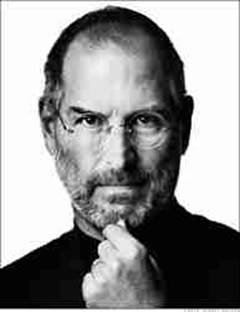Mirza
Ghalib is a tall Urdu and Persian poet of Mughal era. He is also a gifted
letter writer. With his masterly works, Ghalib left an indelible
mark in the hearts of millions of Urdu poetry and ghazal lovers all over the
world.
Surprisingly, the trigger to relish Ghalib's poetry
came to me one fine morning when I read the interview of Microsoft CEO Satya
Nadella, who is an Andhraite stating that he loves Ghalib's poetry. He compares
poetry to code - the symbolic arrangement
of data or instructions in a computer program or the set of such instructions.
He says that you can say something that can be described in many, many
sentences and pages of prose, but you can convert it into a couple of lines of
poetry and still get the essence, so it's that compression the poetry does. His
very idea of comparing poetry to the programming code caught my imagination.
Mine, otherwise with a natural inclination to read
more of non-fiction, for the first time
changed my gears to devour the poetry. The result is buying a book on Ghalib's
poetry with English translations. In the course of reading that book, one day
my attention was grabbed by one small article published in a popular Indian
English weekly magazine on Ghalib's Haveli in Old Delhi.
Though I stayed in Delhi for long time, I did not
know that Delhi housed this famous poet. Stirred by the inspiration of Satya Nadella , I made a visit Ghalib's Haveli located in Qasimjan
Street, Balli Maran in Chandini Chowk of Walled City - Delhi. It is an
exhilarating experience to visit the Haveli. In the dilapidated structure
called Ghalib's Haveli, nothing belonged to the Poet's life were showcased
except a long old notebook of his Urdu poetry beautifully calligraphed and kept
in a glass case. The walls were decorated with his immoral stanzas which ignite
the visitors.
According to the biographic note, the real name of
Ghalib is Mirza Asadullah Khan. Ghlaib is his pen name which means 'dominant'.
Born on 27th December, 1797 at Agra, little Ghalib left for Delhi at the age of
11 and married Umrao Begum at 13.
Ghalib had 7 children, but none survived. He is
witness to the uprising of 1857. Ghalib's hobbies include kite flying,
pachcheesi and chess.
The Ghalib's Mausoleum in Basti Hazrat Nizamuddin,
Delhi is jostled with crowds to take a glimpse of the poets larger than life
image !
Here are some of the immortal stanzas of Ghalib :
I do not hanker after
praise, nor seek reward,
If my verses make no
sense, I do not care a jot.
I wish to live at a
lonesome place,
With none to converse,
none to communicate.
The renown of my verse
will come after I am gone.
The prison of life and
the bondage of grief are
one and the same.
Before the onset of
death, how can man
expect to be free of
grief ?












